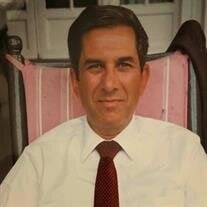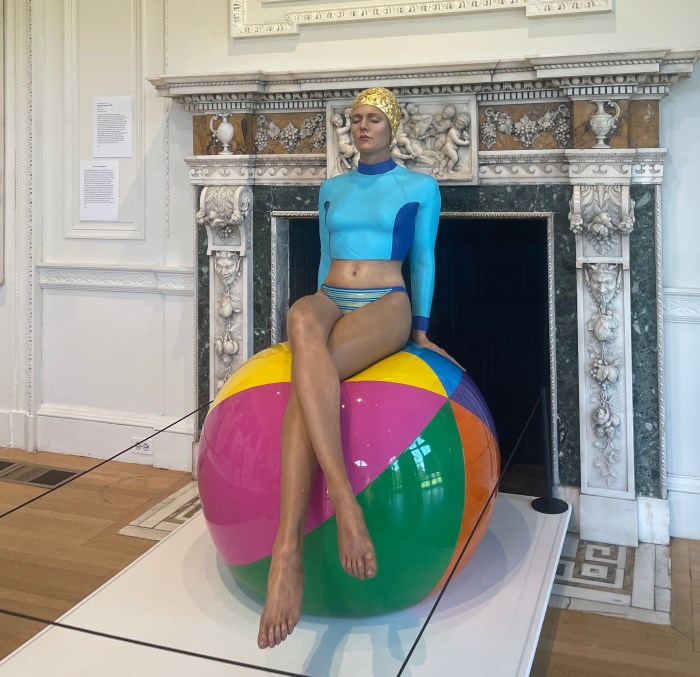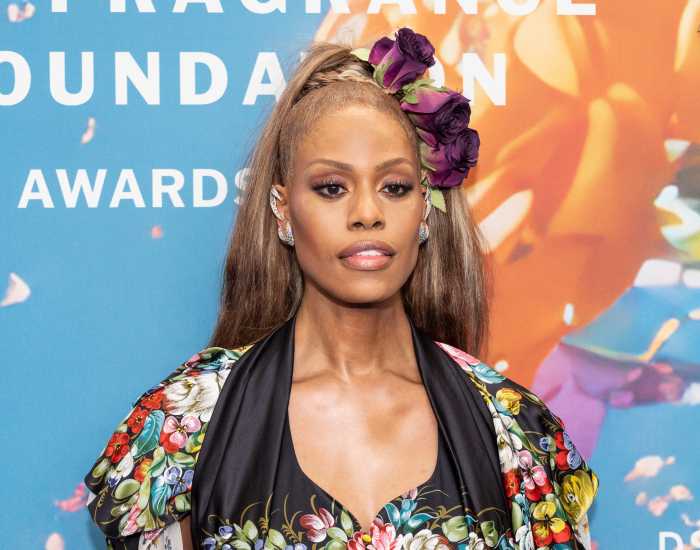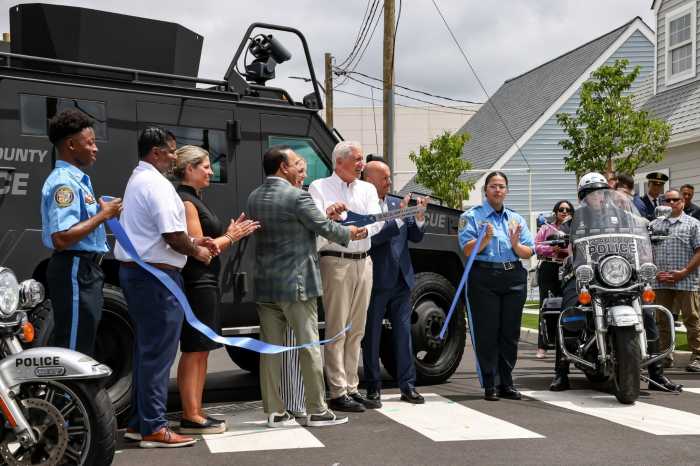
(Courtesy of Northwell Health)
President Joe Biden announced Tuesday, April 6, that he wants to extend coronavirus vaccine eligibility to all adults starting April 19, 12 days earlier than his initial goal of May 1.
Maybe it was a coincidence, but that Tuesday, all adults 16 and older in New York State became eligible for a shot, as ordered by Governor Andrew Cuomo.
According to a USA Today article, “The [Biden] administration is sending a message to seniors—one of the most vulnerable populations—to get their shots if they haven’t because lines are about to become longer. Seventy-five percent of those 65 and older have gotten at least one shot and more than half are fully vaccinated, according to the government.”
There’s the rub. As of now, as every harried public official has acknowledged, the demand for vaccines has not kept up with the supply. New York has accelerated the eligibility qualifications of late.
Though President Biden has set a goal of 200 million shots by his 100th day in office, April 30—and reached 150 million doses delivered on April 7—the immediate reality is that many are still facing obstacles in securing vaccine appointments.
An April 5 press release from the governor’s office stated, “New York’s vast distribution network and large population of eligible individuals still far exceed the supply coming from the federal government. Due to limited supply, New Yorkers are encouraged to remain patient and are advised not to show up at vaccination sites without an appointment.”
Nassau County Executive Laura Curran has had a front seat to this distribution shortfall.
At a pop-up vaccination event in Westbury last month, Curran was asked about the struggles of eligible people, especially seniors, to get an appointment.
“I hear that frustration every day from our residents,” Curran replied. “The supply is still not enough to meet the demand and not enough to meet the number of people who are eligible right now. We are expecting the supply and demand numbers to get together and equalize and I’m looking forward to that moment. I want everyone who wants that vaccine to get the vaccine.”
The vaccine production pipeline was disrupted when human error at a plant in Baltimore led to the spoilage of 15 million doses of the one-shot Johnson & Johnson Janssen vaccine.
The other two vaccine makers authorized by the federal government—Pfizer and Moderna—have both indicated that they will increase their supply.
Pfizer’s vaccine is the only one authorized for youth aged 16 and 17. Those 18 and over can take the Moderna and Janssen variants. Anyone under the age of 18 must seek parental permission to get the shot.
Jabs For Youth
On the first day of age 16 eligibility, Northwell Health’s Cohen Children’s Medical Center (CCMC) in New Hyde Park invited three teens and their parents to get their shots.
Charles Schleien, MD, senior vice president and chair of pediatrics at Northwell Health and CCMC, commented, “It’s not only important as a way to protect our children from COVID-19, but we can’t achieve critical immunity without vaccinating a good portion of children.”
The three teens were 16-year-old Hanna Riva Goldberg of Great Neck, and her mother, Allegra Goldberg; 16-year-old Brianna Justice of Brooklyn, and her father, Winfred; and 17-year-old Paul Navarro of Hempstead, and his mother, Karen.
All three are patients of Sophia Jan, MD, chief, General Pediatrics at CCMC, Jan vaccinated the youth.
“Being vaccinated will make it so much easier for our youngsters to get back to their normal lives,” Jan said. “Not only will they be able to get back to school and their social activities, but the important things—like hugging their parents and visiting their grandparents—we can start thinking about these things again.”
The Next Frontier
Both Moderna and Pfizer have announced trials for youth who have not yet been authorized for vaccinations. Ages being studied range from 6 months to 17 years, depending on the firm. Johnson & Johnson also indicated that it’s working on a vaccine for youth.
The Cleveland Clinic pointed out the challenges: “Kids weren’t involved in the original adult clinical trials because severe illness from COVID-19 is more common with adults, specifically older adults. And since a child’s immune system is much different from an adult’s, vaccines tend to require different dosage levels or formulations. Another thing to consider is kids’ immune systems can also be vastly different depending on how old they are. Therefore, kids’ vaccines for COVID-19 couldn’t be one-size-fits-all solutions. Finally, medical trials involving children undergo stricter protocols than those involving adults.”
Incidences of transmission in schools and among youth have been a concern. In October, the CDC released a study that indicated that “During May–September 2020, average weekly incidence (cases per 100,000 children) among adolescents aged 12–17 years (37.4) was approximately twice that of children aged 5–11 years (19.0).”
All this comes about when a number of states continue to have persistently high positive rates and scientists are worried about the more infectious variants of the SARS-CoV-2. The goal as always is vaccinating enough of the population—including children—to reach herd immunity. Experts disagree on precise percentages but it’s at least 85 percent.
For tips about securing vaccine appointments, click on the “The Struggle To Find Vaccination Appointments” article at www.longislandweekly.com.



































